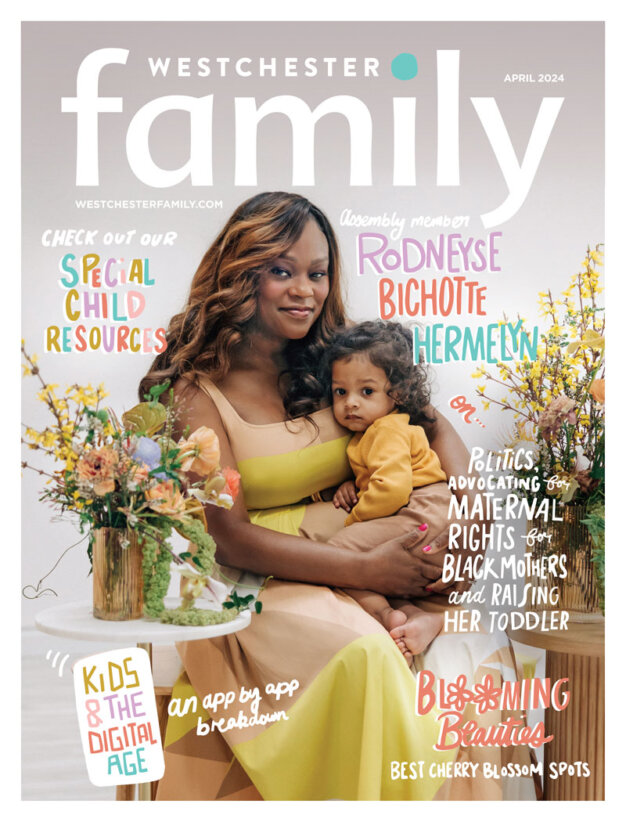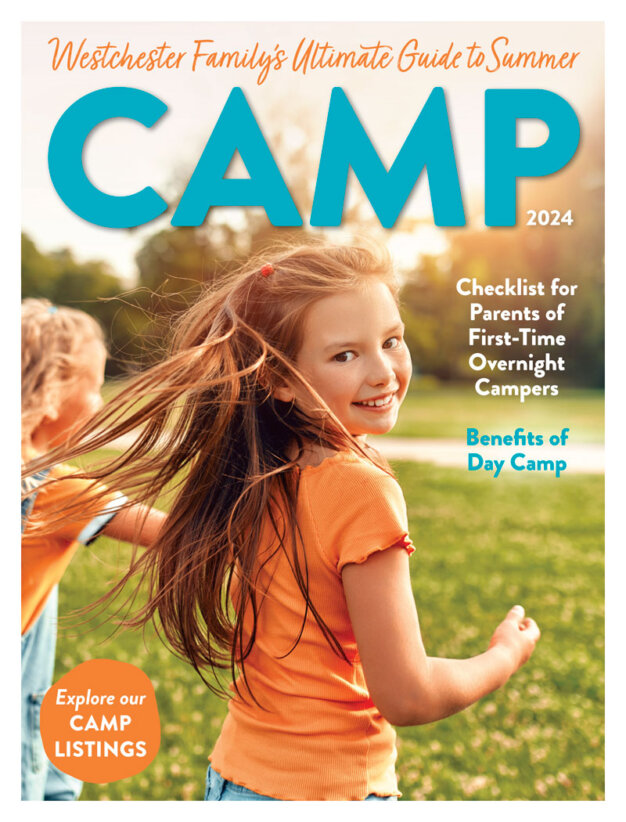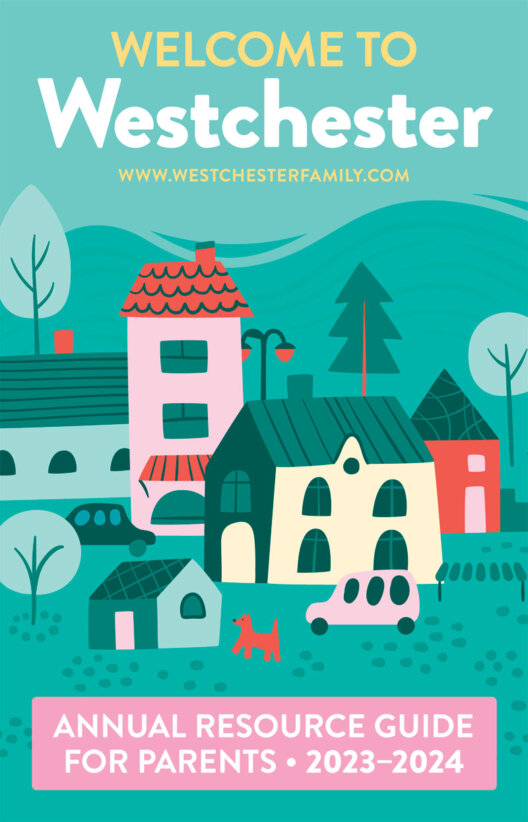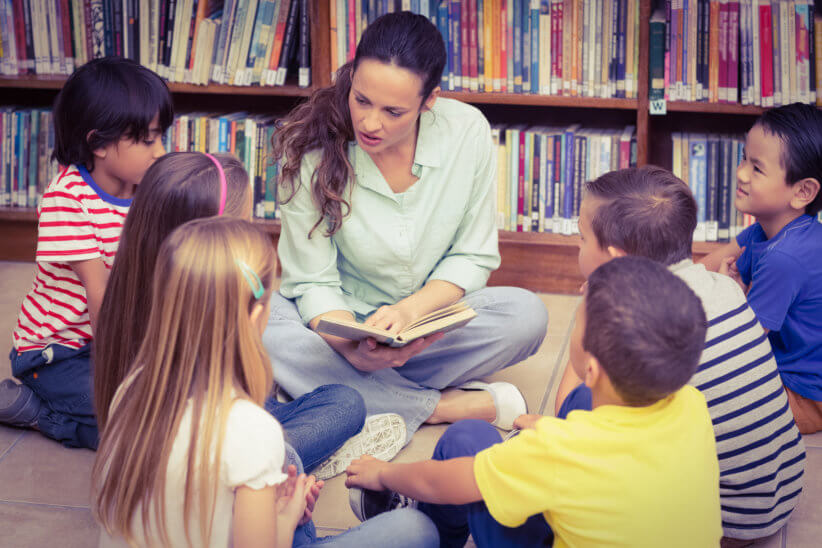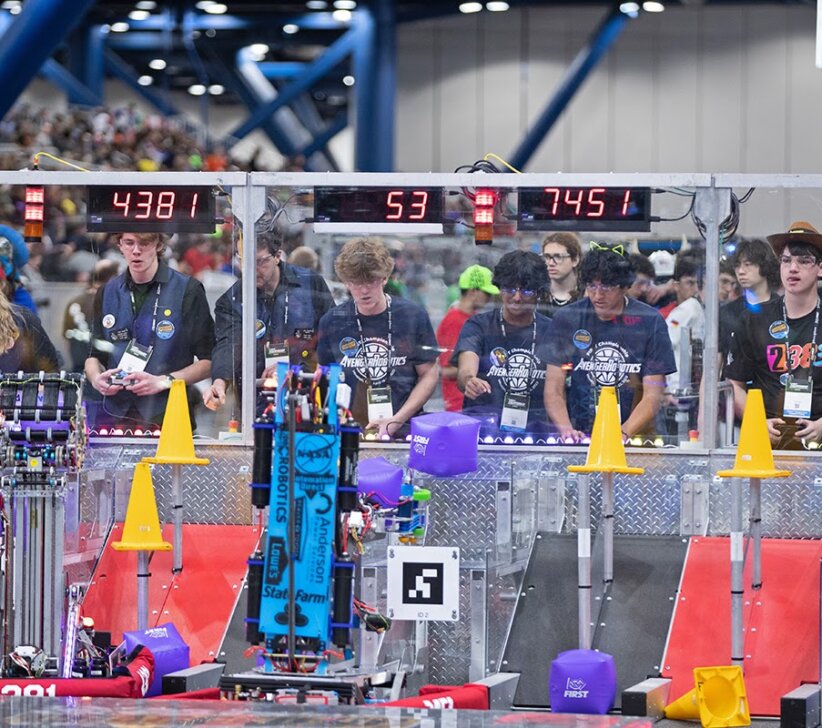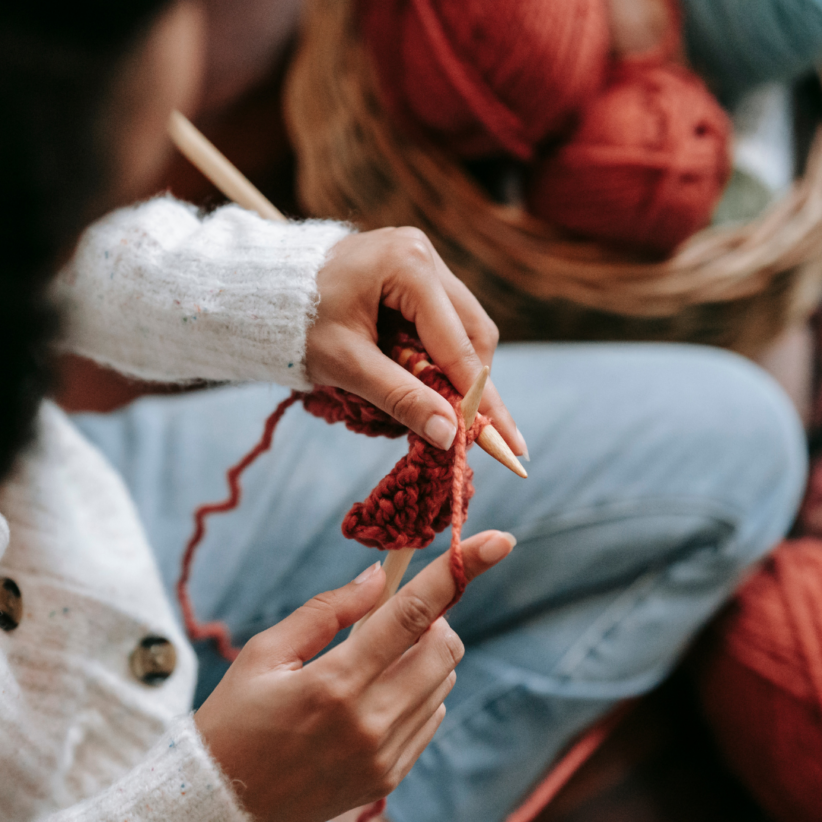What is the significance of becoming a bar or bat mitzvah? “All Jewish milestones provide us with a meaningful way to make time sacred,” explains Rabbi Eytan Hammerman of the Jewish Community Center of Harrison. Transitions that are linked to a specific age like becoming a bar/bat mitzvah are automatic; the ceremony and celebration represent an added religious layer, which makes it sacred.
Much thought, attention, and money often go into the celebration of a child becoming bar/bat mitzvah. Jewish tradition states that the family of a child who is coming of age must have a festive meal, a seudat mitzvah. Did tradition predict the kind of stress-inducing party planning involved in many of the elaborate celebrations of today? “Judaism has a lot to say about modesty,” notes Hammerman. So how do you keep the event grounded and connect it to the Jewish tradition in ways that are meaningful and relevant?
Value education & understanding
Bar/bat mitzvah education comprises of one important element. Many celebrants are able to read from the Torah (sacred scroll) for the first time. “Nearly all bnai mitzvah youth can read at least a sentence or two,” says Hammerman. The service can be adapted to the child, especially if there are special needs, but is meant to be a challenge; the ceremony should represent a great achievement.
A measure of real understanding of Jewish content remains central. Religious study prepares youth to be Jewish adults, with Hebrew reading skills, knowledge about what Torah is, and an understanding of Jewish history and culture. Hammerman describes the training involved as, “providing a toolkit so that this person can go into any synagogue in the world and participate in a service.”
Ritual & connection
One common theme in bnai mitzvah ceremonies is the passing down of Torah from generation to generation, both physically and spiritually. This important ritual can help a teen to understand his or her connection to ancestors and a wider Jewish community. Rabbi Hammerman talks about taking old traditions and embracing them through our modern lens. “We are maintaining a link to our ancient traditions, in an ancient language, despite the allure of every shiny thing that we find in our contemporary lives.” Torah remains relevant; we just have to look.
Loen Amer, director of Youth Engagement at Bet Torah in Mount Kisco, likes to emphasize that this symbolic event is not the destination. “We’re very interested in helping teens see this as a step on their journey into a life of meaning as an adult.” Preparation for the bar/bat mitzvah includes considering how they relate to themselves, their families, the world, Judaism, and overall spirituality.
Bet Torah recently began using elements of a Moving Traditions curriculum to build on the successful program their clergy and educators have taught 7th graders in their synagogue for years. The program includes the entire family and, uniquely, celebrates the child becoming a teenager.
Rabbi Daniel Brenner, Chief of Education and Program at Moving Traditions, designed the curriculum to guide Jewish teens toward meaningful responsibility. Brenner notes that even historical text, Pirkei Avot, describes a phase between age 13, when a child becomes responsible for observing mitzvot, to 15, when he or she can study Talmud and understand its complexity. An important theme of the education is, “What is your unique voice and how can you help others?”
Amer urges families not to get bogged down in the details of the party. Many families have shared with her and future bar/bat mitzvah families that, “after the service finished, they didn’t need anything else.” Celebrate your bar/bat mitzvah and enjoy the moment!
Tips for keeping it grounded
•Meaning first. Try to remember the tradition and significance of this day. It may mean different things to different people, but the ties to Jewish history and tradition are irrefutable. Discuss with your child the benefits and obligations of becoming bar/bat mitzvah. Religious success is not about performance, as we see in other aspects of life; it’s about being present and feeling connected.
•Family values. The bar mitzvah is based on your child becoming a part of the wider Jewish community, and it’s also an opportunity to bring the family closer together, linking generations, to the benefit of all. Parents go through this process with their children and can grow and explore their own spirituality as well.
•Jewish responsibility. Tikkun olam (repair the world) has come to represent social justice efforts, tzedakah (the giving of charity) and gemilut hasadim (acts of kindness). Any of these could be part of a mitzvah project. Families might consider donating a percentage of the party cost to a charity or donating a portion of gifts.
•Follow through. Bar/bat mitzvah is the beginning of the journey to adulthood. Take your teen to a shiva minyan and show him the power to comfort someone. Continue to encourage tikkun olam after the mitzvah project is done. Use your Jewish values every day!
Elisa Bremner, Armonk-based nutritionist and freelance writer, prepared her two sons for their bar mitzvah ceremonies (with the help of Trope Trainer™ and Chabad Hebrew School), and produced uniquely meaningful celebrations for each.
Recommendations for
further reading
Putting God on the Guest List: How to Reclaim the Spiritual Meaning of Your Child’s Bar or Bat Mitzvah and The JPS B’nai Mitzvah Torah Commentary (JPS Study Bible), both by Jeffrey K. Salkin.
Bar Mitzvah: A Guide to Spiritual Growth, by Marc-Alain Ouaknin, Francoise-Anne Menager.
